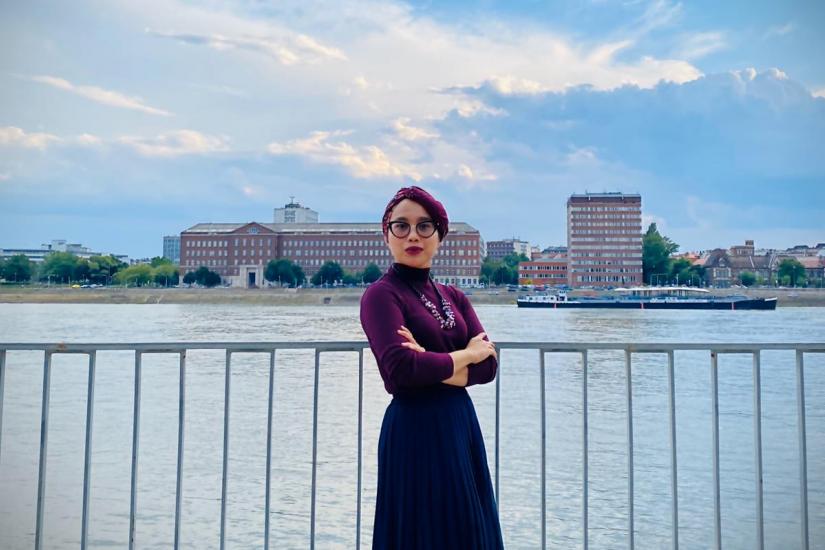
Please register for this event under the link provided on the right. We will send the link to registered attendees 1 hour before the event starts.
ABSTRACT / An urban area serves as a melting pot of people across various socioeconomic background, who may not only live in segregation from each other but follow characteristically different mobility patterns in the city. Individual mobility is dictated by one’s meaningful places while the choice of venues to visit are not randomly selected but strongly depend on the socioeconomic status (SES) of a person. The interaction between people and places they visit, given their attributes and homophily leaning, may bring particular insight to socioeconomic stratification patterns and urban segregation at large. In this data-driven study we investigate biased mobility mixing patterns in urban areas in the United States using a large mobility dataset, which was collected from Foursquare and GPS tracking. In our analysis, we construct the bi-partite network connecting individuals to places they visit, the reference network model, and the out-of-bag samplings. We observe strong signs of stratification indicating that people visit most likely places of their own socioeconomic class. At the same time, interestingly they indicate patterns of upward bias, signaling preferences of people to visit places with higher SES class than their own. Our results indicate even stronger segregation in individual mobility what one would expect from system level distributions providing further understanding on uneven mobility mixing patterns in cities.
BIO / Rafiazka’s work stands on two levels of playing fields, namely social science and computational social science, with network and data science as an intermediary in between. Her formal training at both bachelor and master level in Economics, Politics, and International Relations lay an integrated theoretical foundation for further scientific investigations related to dynamics of individuals, dynamics of social interactions, and collective social dynamics. Her current work focuses on the socioeconomic segregation in urban mobilities based on high dimensional spatiotemporal data.